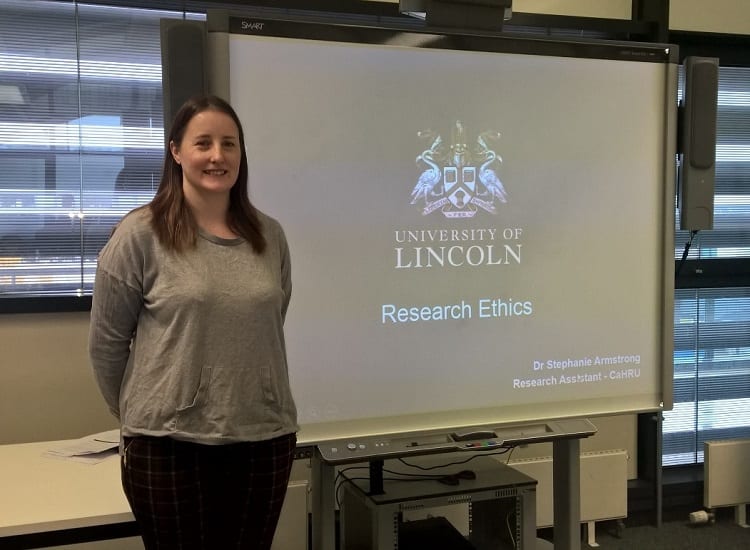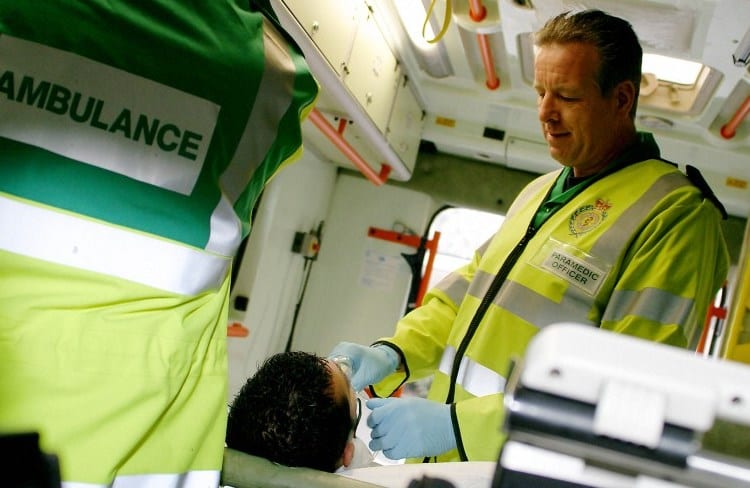CaHRU affiliated with European Prehospital Research Network

CaHRU is proud to be affiliated with the European Prehospital Research Network (EPRN), founded in 2018 to link ambulance clinicians and academics through an international body seeking to improve ambulance care. The EPRN seeks to accelerate the knowledge generation, synthesis Continue reading CaHRU affiliated with European Prehospital Research Network


